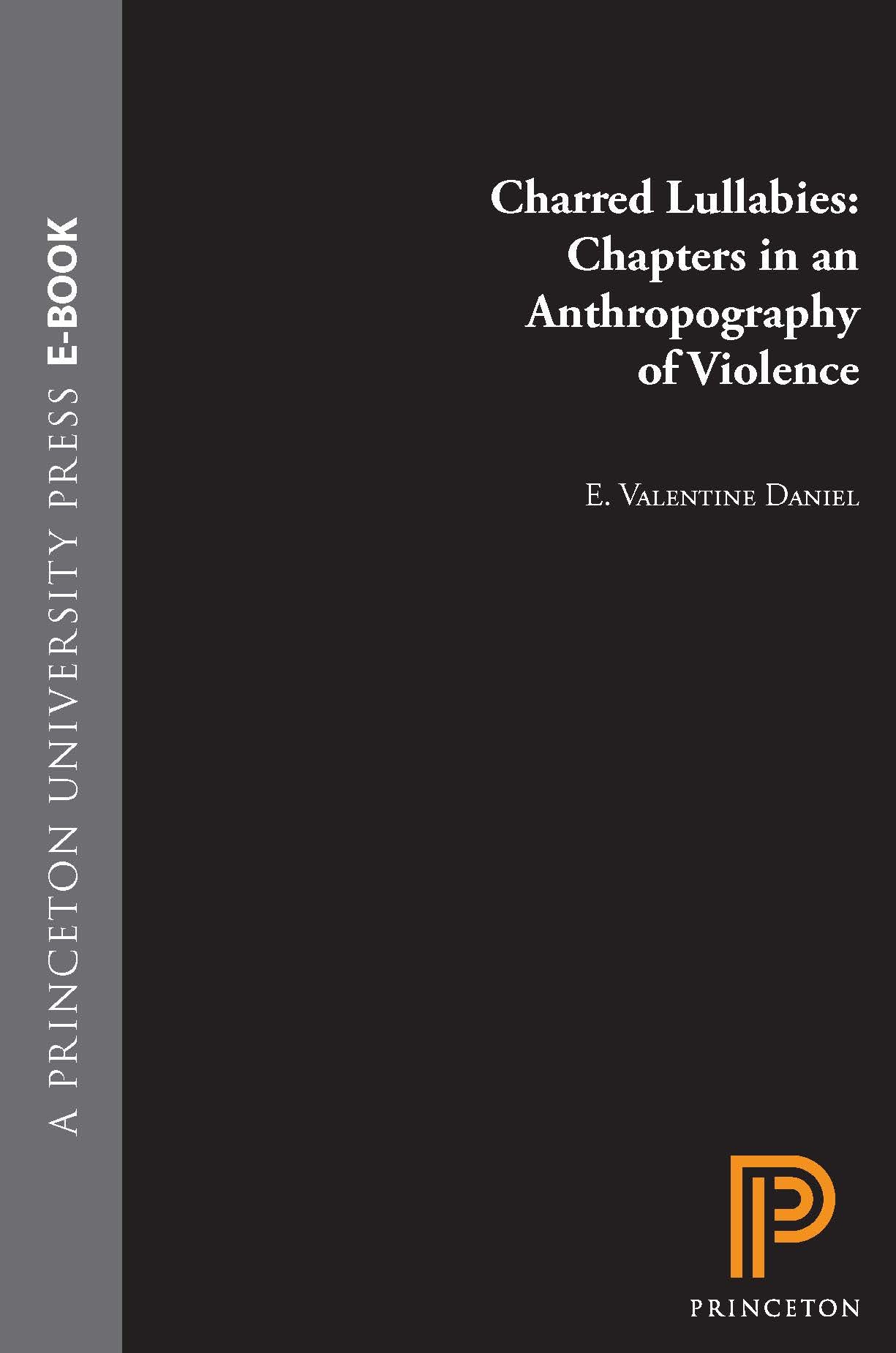Description
Discover the profound insights of *Charred Lullabies*, a groundbreaking ethnographic exploration by Valentine Daniel, focusing on violence and memory in contemporary Sri Lanka. This immersive trade binding from Princeton University Press, published in 1997, invites readers to navigate the complexities of violence through the lens of an anthropologist deeply connected to his homeland. Daniel's journey begins amidst the ashes of chaos, where he confronts the tragic realities of his country. Through poignant narratives and emotional depth, he examines the struggle of writing about violence without succumbing to exploitation or theoretical detachment. Engaging with haunting questions surrounding loss, memory, and the fragile nature of human experience, this work stands as a crucial contribution to the fields of anthropology and ethnography. By challenging conventional narratives, Daniel transforms his project into an anthropography, guiding readers through a sensitive yet unflinching portrait of life amid turmoil. Ideal for students, scholars, and anyone interested in the intricate relationship between culture and violence, *Charred Lullabies* is essential reading for understanding the profound impacts of sociopolitical conflict. Embrace the challenge of grappling with grief and resilience in a world that often feels violent yet vibrant. Uncover the stories that shape our humanity within the pages of this compelling book.

